|
Time to prepare for hibernation and if you notice you are extra tired these days then it might be a good opportunity to take stock. Harvest time is the time to pack on the fat to store for the winter. Or so it is for the birds and animals in natural environments, unlike us where we gorge on leftover sweets from Halloween, diet for November and treat ourselves all December. It’s a deluge at a time when we need to rest. Soups and stews are seasonal and therapeutic so make the most of the quality produce we have here from with lots of root veg, pumpkins and organic meats. The dark evenings are much easier to cope with when you are nourished!
Anne Maher
0 Comments
We are all very excited. This is the first time I can show my own children the largest Beer Festival in the world which is affectionately called "Wies'n" (meaning meadow in Bavarian). I grew up with this. We used to go every year. But since I moved to Ireland the Oktoberfest is always at the beginning of the academic year and we are normally all safely settled back into our respective school and work timetables. This year's sabbatical adventure has allowed us to stay on at the grandparents' house just long enough to attend. At the opening weekend, we go to the traditional costume and hunters' parade, before walking towards the exuberant and colourful atmosphere of the Oktoberfest. The crowds are slightly overwhelming. Especially near the entrances, where we are corralled towards a narrow gap, where security men inspect the bags of the visitors. I had heard about this, so I came prepared - my Urban Co-op Tote contains very few items: 1) a bottle - it must be an unbreakable one, so my glass bottle had to stay at home on this occasion 2) a wallet - with a previously calculated amount of cash which will be our budget for the day - "Plan how much you are going to spend and stick to it" is the advice. Payment is traditionally in cash 3) A packet of tissues 4) A stray pen.
As we approach the security man, he starts tutting and looking with an expression of great concern at our group. "These are all too big" he sighs. "Can I look into your handbags, please?" It seems he is not meant to leave us in with the kinds of handbags some of us are carrying. I hadn't seen any information about how big they were allowed to be. The man apologizes, saying that he is only doing his job, but he is meant to advise us that the handbags in our group cannot enter the Oktoberfest. I am confident and step up with my nearly empty tote, the minimal content clearly visible. "And that tote..." he says, "that is positively criminal!" I am shocked. MY ECO-FRIENDLY, earth conscious, far travelled, perfectly innocent tote - CRIMINAL?! The reasons for these security restrictions are understandable, of course. Large crowds such as these are an ideal target for anyone intending to cause harm. It is still fresh in the memory of many, that in 1980, a bomb was detonated at the Oktoberfest, killing 13 people and injuring over 200—mindless, random, incomprehensible violence. So overall we are glad that the organisers are trying to ensure that the crowds of 1 mio visitors per day are safe at the Oktoberfest. And we are also glad how the initial attitudes of the official changed, as his disapproval turned into chat, then banter. In the end, the man is willing to turn a blind eye to our illegally large bags. In the general cheer and friendliness of the occasion, common sense prevails, and my almost empty tote, which is not in itself a danger to the crowd, is allowed to enter. With renewed good humour, we throw ourselves into the festival. It is hard to describe just how busy it is at the Wies'n on a sunny, opening-weekend. You swim in the crowd, rather than walking with any direction or intention of your own. But it is remarkably peaceful and quite beautiful. Thousands of people are dressed up in traditional clothes. Flowing skirts with silky aprons, lace edging and frills on the ladies. Leather pants ("Lederhos'n") with embroidered details, elaborate buckles and horn buttons on the men. Outside the large beer tents, horse-drawn carriages have pulled up, stacked high with beer barrels which are painstakingly decorated with flower garlands. It is the beer festival after all. The animals are stunning, highly decorated and very strong. Although nowadays they do not actually pull the beer into the festival, the display - complete with bells, tassels and embroidery is impressive. In addition to all these visual joys, bands from this morning's parade seem to re-form spontaneously within the grounds and begin to march through the streets playing their um-ta-ta. I thought I was going to be put off by the glorified consumerism of the occasion, but it does feel very festive and folky, this "largest Volksfest" in the world. We notice how groups of six or eight uniformed police patrol the streets. And we watch with interest, as one of them is approached by a member of the public with a question. The policeman who has been addressed is attentive and friendly to the person looking for help. Within seconds, the rest of the officers have turned back to back, forming an outward-facing circle with their shoulders touching. They scan the environment with serious, focused faces, apparently ready for anything and clearly briefed on security procedures. And I must say it does give me reassurance to know that every effort is being made to protect this happy, consumption-crazy crowd which will be increasingly chanting, tumbling and staggering as the day progresses. None of our party is particularly interested in the drinking element of the beer festival. But to satisfy our curiosity and confirm our suspicions we enter one of the big beer tents for a look around. The tent is so full of people, that there isn't even a space to stand and look for a seat, never mind actually sit down. That's why most people reserve a table in advance for 50.- Euro worth of food and drink vouchers per seat. The Blaskapelle (traditional band) is playing "ein Prosit der Gemütlichkeit ". Loosely translated, this means: "raise your glasses to cosiness". It is an ode to a special Bavarian virtue which consists of being laid back, giving things time, and valuing homeliness and Bavarian traditions. In the context of the beer tent, it means: drink some more now and order your next beer soon. In the midst of the music and the clinking of glasses, 6000 people try to shout loudly enough to make some sort of conversation. And waitresses rush by with their 13 or more "Mass beer" in their hands. One Mass is one litre of beer and weighs 2.3 kg including the glass. We are moved out of the way by a man, so we don't obstruct the pathways for orders and food trays. He and many colleagues along the corridors are employed especially for this kind of crowd control. The unbelievable level of noise and the density of bodies is an assault on the senses which I am eager to leave behind. Instead, we move towards the rides, which interest the younger people in our group. Some of the rollercoasters have to be tried, I suppose. At 12 Euro per ticket, it's not something I do too much of. My stomach is happier watching from the ground anyway - I know this from past experience. But the teenagers seem to delight in the ups and downs, the screams and squeals. They return to us with flushed faces and sparkling eyes. We try out some of the more old-fashioned rides, too. The "Rotor" could almost be classed as an educational experience: about 15 people stand with their bodies against the wall of a large cylinder which then begins to spin. At a certain speed, the ground is lowered and the visitors seem to stick to the wall. The effect of the centrifugal force. It is not a physical force in its true sense, of course, but it makes for a very interesting experience when it pushes you outwards in the spinning motion with the floor seemingly disappearing below. We also enjoy the shooting game, where a successful shot may cause a skeleton to jump, a bell to ring, a bird to squawk or a snake to spray water on unsuspecting onlookers. There is no plastic rubbish to be won, no overpriced tickets to be bought - just a good old western scene and 15 shots for 2.- Euro. Afterwards, a number of the must-have Oktoberfest sweets get sampled. There are the famous Oktoberfest hearts - made from a type of gingerbread and decorated with colourful sugar designs. There are the caramelised almonds that nearly break your teeth, candy floss, chocolate-covered fruit skewers and much more. Exhausted in a good kind of way and full of impressions to digest, we are ready to go home. My tote is now bulging with goodies and souvenirs. As we pass the exit, we see a monument erected in memory of those injured or killed in the bombing 40 years ago. And I watch as the bags of newly arriving visitors are checked by the security personnel. I walk away musing about how different points of view can be! To me my bag is a sign of caring, of trying to do my bit, a symbol for community and local food. And it is also just practical. To the official, it is an item which stretches the permissible dimensions and is therefore potentially dangerous. Raimond Panikkar describes points of view like windows. Every person sees what they see. It is real and true to them. But it is worth listening to others and trying to understand what they can see from their window. Hearing about what other people can see from their window broadens our own perspective and helps us towards a more complete picture. And it helps towards more peace and less conflict. But until we manage that tricky bit - about seeing each other's point of view - why not have a huge, peaceful, international party and raise a Mass to "Gemütlichkeit". Let us know your Totes on Tour stories Email Anne [email protected] We know our totes are travelling far and wide and having marvellous adventures. Enjoy reading about one tote on tour and we welcome other members to share their food stories too. Us armchair travellers will revel in them.
We are very aware that our destination will offer none of the fresh, locally sourced, organic produce which we enjoy at the Urban Co-op in Limerick. The local shop, we heard, opens for a short time each day and has limited supplies. The locals grow their own food, so all they want at the shop are cheap sweets, white flour, sugar, coffee and alcohol. So we have been advised to stop at the nearest town, if we need such luxuries as fresh fruit and vegetables, brown bread or good butter. Once we are well stocked up, we continue on the bumpy road until it ends in Polyana - an old mountain village near the Greek border, at 1200 meters above sea level. It is home to about 40 Bulgarians, and for the following 6 weeks it will be home to us. As we turn the final corner, our driver - who hasn't said a word for the duration of the trip - waves his hand towards the mountainous horizon. With pride in his voice and a glint in his eye he exclaims in English: "Freedom!" The glorious days of this village were during communist times, when 350 people lived here. The peasant way of life was valued, even glorified. There was a Community Center, a disco and a dairy factory. Now, most houses are abandoned and ruined. It is quiet here and only older people remain. The younger generations have moved to bigger cities or abroad for jobs and a more modern lifestyle. In preparation for our stay I've worked hard to learn the language. It was difficult to say the least - very different from any other language I know. So our conversation with the locals is mostly limited to "Good morning", "We're walking in the forest today" and "We're pitching the tents in the mountains". These expressions are mostly met with laughter or looks of disbelief. The antics of these foreign visitors will likely remain a mystery to the villagers. And equally, the customs and unwritten rules of village life cannot be decoded by us in a short summer stay. We remain outside observers. What we have learned is that winter lasts for about 6 months. Everyone stays inside during this time. Safely tucked away from -20 °C and one to two meters of snow. The most important questions at these times are: "Are you alright?", "Do you have wood?". Staying warm is the number one concern. As soon as spring arrives - which could be in April or later - nature comes alive and an incredibly diverse flora and fauna spring up in the landscape. People emerge from their houses and can be found in the many thriving vegetable patches around the village. Potatoes, corn and beans are the main crops, and the locals - irrespective of their age or physical condition - tend to them daily in backbreaking work. Here and there a horse and cart help with the hardest jobs. We may not understand each other verbally. We may have completely different customs, rules and routines. But one thing connects us all: Food. When the vegetable truck arrives, it causes great excitement. Everyone gathers for a chat and to see what produce is available this week. The little shop, too, is a place to gather. But most important of all is the food that people make for each other. 52 days after someone dies, the family prepares meat, bread and drinks and gives some to everyone in the village. Even the foreigners were included in this custom. Our mushroom picking neighbour goes across the little river a few times to collect mushrooms. When we show him a picture of chanterelles he knows exactly what we mean. It's not a mushroom he is interested in himself, but he knows where to get them and returns one morning with a big bag of these precious goodies as a present for us. And to turn our meal that day into a feast, he throws in two bottles of his own wine, too. We can only thank him with hand gestures, facial expressions and noises. "Hmmmm!" "So good!" "Thank you!". We're like good friends now - across the divide of language, culture and lifestyle, we are all people who appreciate a friendly gesture and some good food. As our visit comes to an end, I can't shake the impression that these people are not really poor. They are debt free, independent and physically strong. And they appear at peace with their life. Could they have found this elusive quality we call happiness? Their life is simple, for sure, but given the choice, would they leave this life for another? I will take my tote and visit another place on earth, but I will treasure the memories of this stay in my heart forever. Let us know your Totes on Tour stories Email Anne [email protected] Recently I purchased your cold-pressed Castor Oil made by ForEvaPure Pure for use on my teenager's afro hair. However, I decided to try it on myself first and it has been a total revelation!
At night, I apply a drop to my face. Trust me, I wake up with skin that's glowing and hydrated. It's a secret shortcut to looking like you've had eight hours of beauty sleep. It's crazy how versatile this oil is and I am looking forward to using it on my own hair and nails. Review by Mary-Anne Let us know which of our products are your favourites and why Email Geraldine [email protected] In the journey toward a zero waste lifestyle, there's a hidden world of flavor in the most unlikely of places: your vegetable peelings. Those humble peels you've been discarding can be transformed into culinary gems, reducing waste while maximizing taste. Try your hand at creating delicious vegetable peel soup and crispy veggie peel snacks with these simple steps.
For Vegetable Peel Soup:
By making use of vegetable peelings for soup or crisps, you're not just reducing food waste, you're elevating your culinary prowess. This zero waste approach uncovers the hidden potential in every vegetable peel and adds a burst of flavor to your cooking. So, peel no more and savor the essence of waste-free creativity in your kitchen. Geraldine Fitzpatrick There's something undeniably comforting about a hearty, simmering pot of beef stew. Its rich aroma fills the kitchen, inviting memories of home-cooked meals and cosy gatherings around the table. A classic favourite that transcends generations, beef stew is a dish that warms both the body and the soul. With tender chunks of beef, vibrant vegetables, and a flavorful broth, this recipe is a timeless celebration of comfort food. Whether you're looking for a satisfying meal on a chilly evening or a dish to share with loved ones, this beef stew is the epitome of wholesome, homemade goodness.
We all have our own recipe preferences, my mother made the best stew, in my taste buds! I made a few very small tweaks, plus a secret ingredient. Ingredients
Instructions
I like to cook my stew the night before we eat, as it always tastes better the next day. Sometimes I will add big spuds to it. We like a lot of soup, if you don't just add less stock / bone broth. Leftovers are used for the next days lunch or frozen for a lazy day. Enjoy. Geraldine Fitzpatrick  If there ever was a seasonal soup, this is it. Made with beets, carrots and cabbage, all ingredients we have in plenty at this time of the year. As long as I can remember Borscht was our family’s Christmas dinner starter. A Russian friend of the family would join us at Christmas and she brought this soup with her every year. A true food memory. The key to making it authentically Russian or Polish or Ukrainian is fresh dill. In many dishes, one ingredient just makes it and often it is fresh herbs. Make Enough for 4 INGREDIENTS
INSTRUCTIONS
Jacques Brennan The day was going to come and we dreaded it. When it happened though perhaps we were prepared for the inevitable. Sean was retiring as a raw milk farmer. Our source of sustenance stopped. The rich creamy nourishing goodness that has sustained so many of us customers at The Urban Co-op for many years now. It felt like we were just getting into our stride as more people were discovering the wonder of this local real food. The normality of raw milk now is a blessing and every day that goes by we are grateful for this fact. Succession is now the theme as we forge ahead with the sustainability of this food supply. Principles of farming and growing see us prune to achieve stronger growth and this metaphor is key. Sean may have ceased production but he continues to inspire more farmers to go the route of once-a-day organic raw milk. We are eternally grateful for his dedication through the last few years and indeed he is a major part of the story of The Urban Co-op both in the past and into the future. Who knows where this will go!
Anne Maher |
Categories
All
Archives
July 2024
AuthorsRecipes from Katie Verling & Jacques |

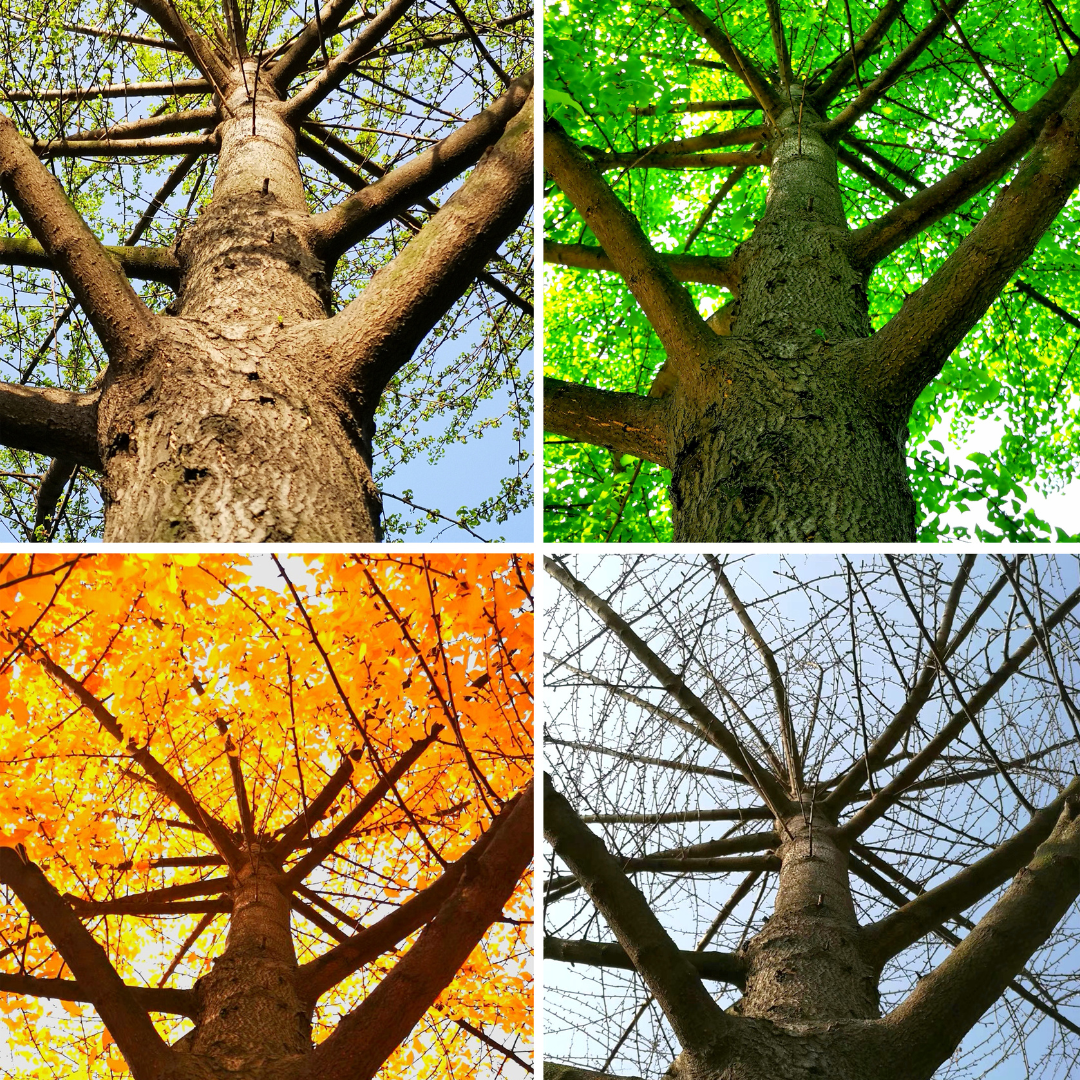
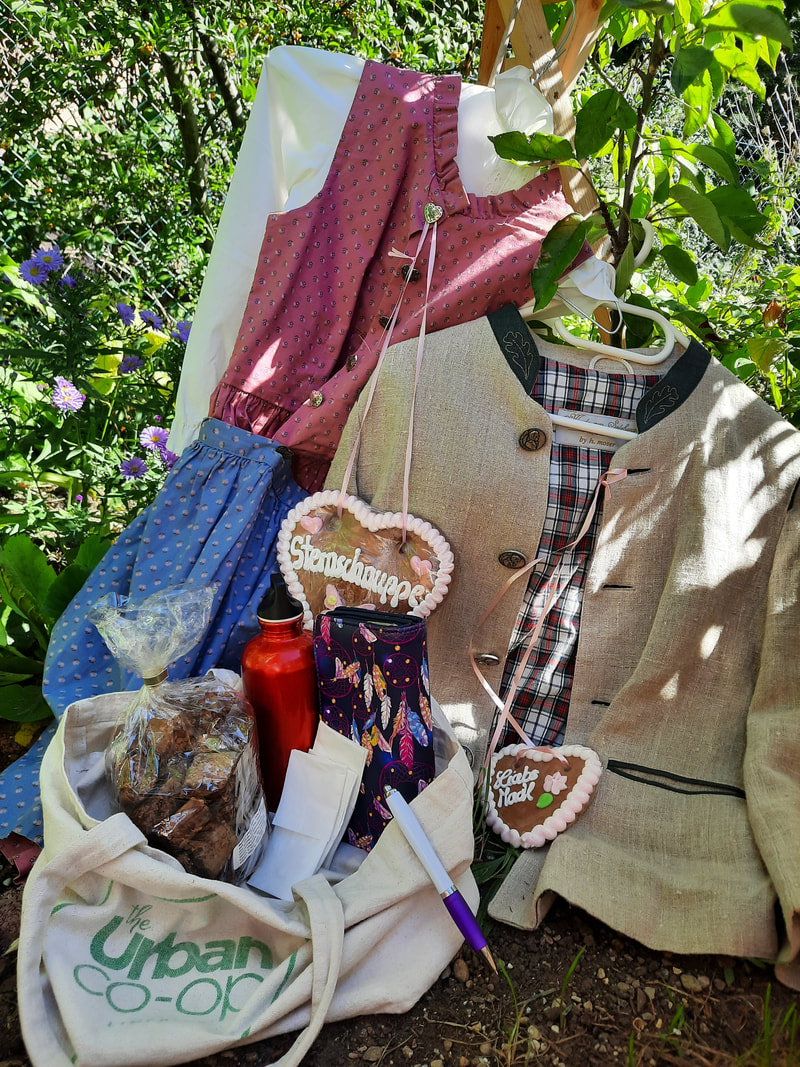
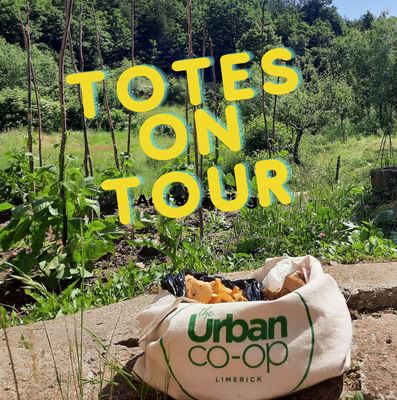
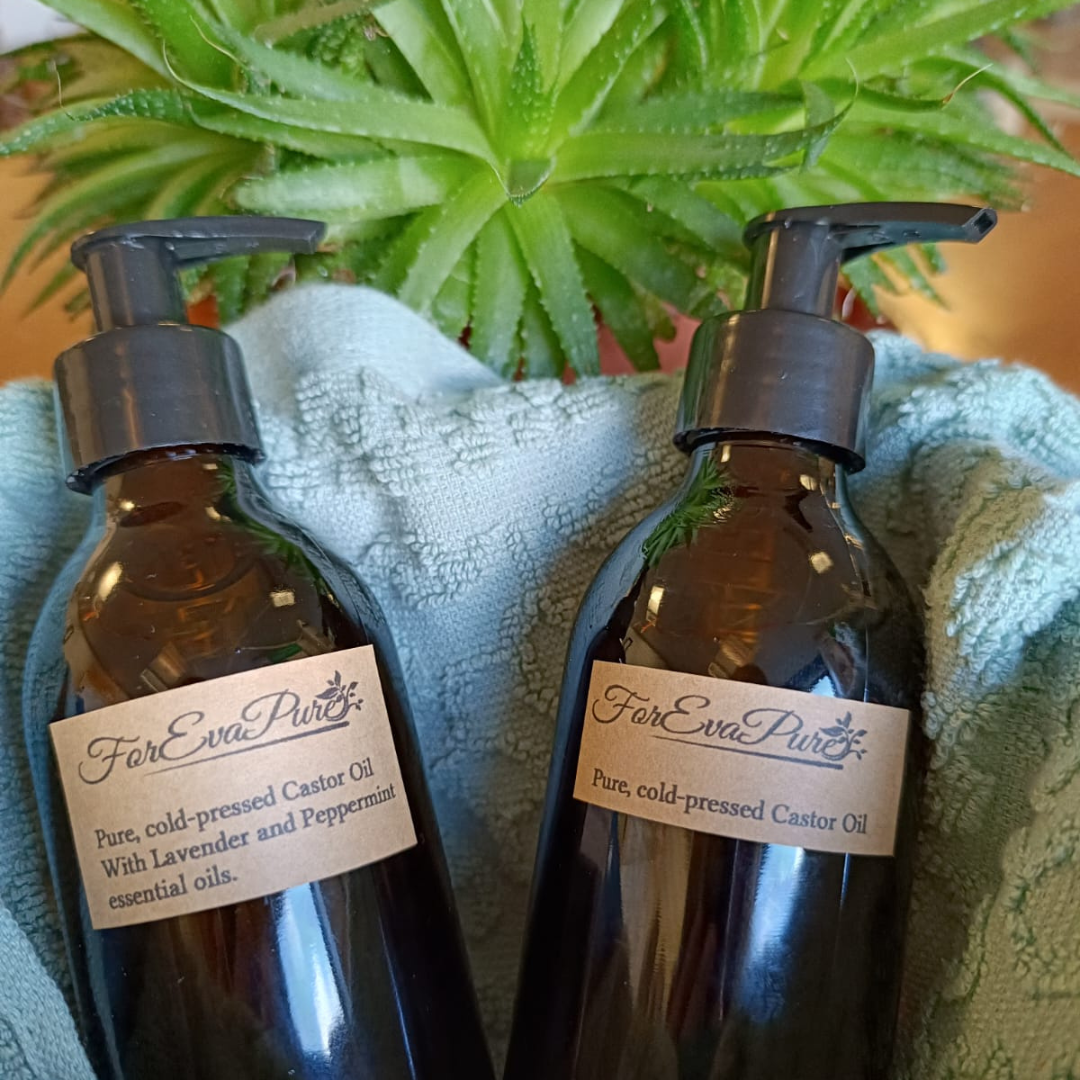
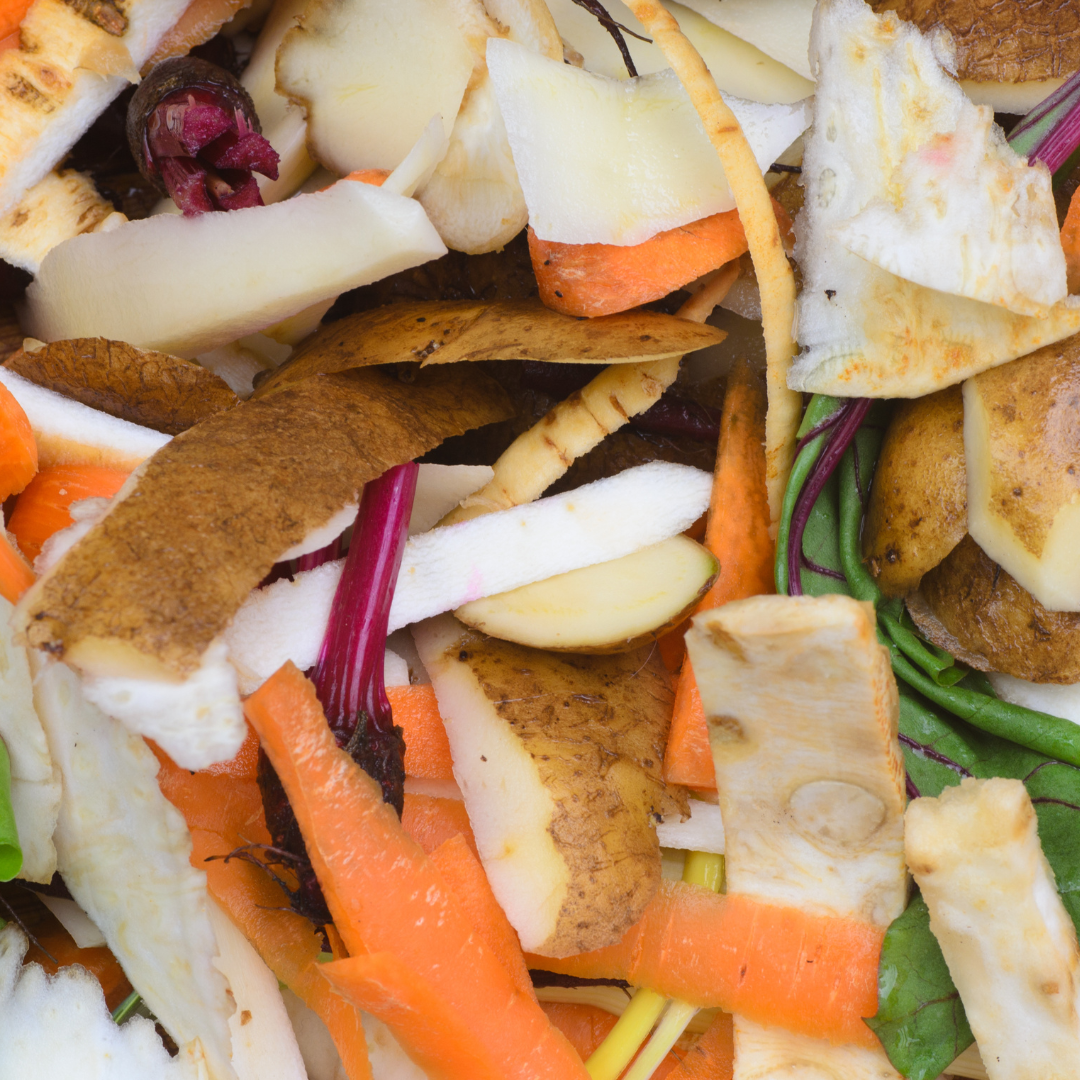
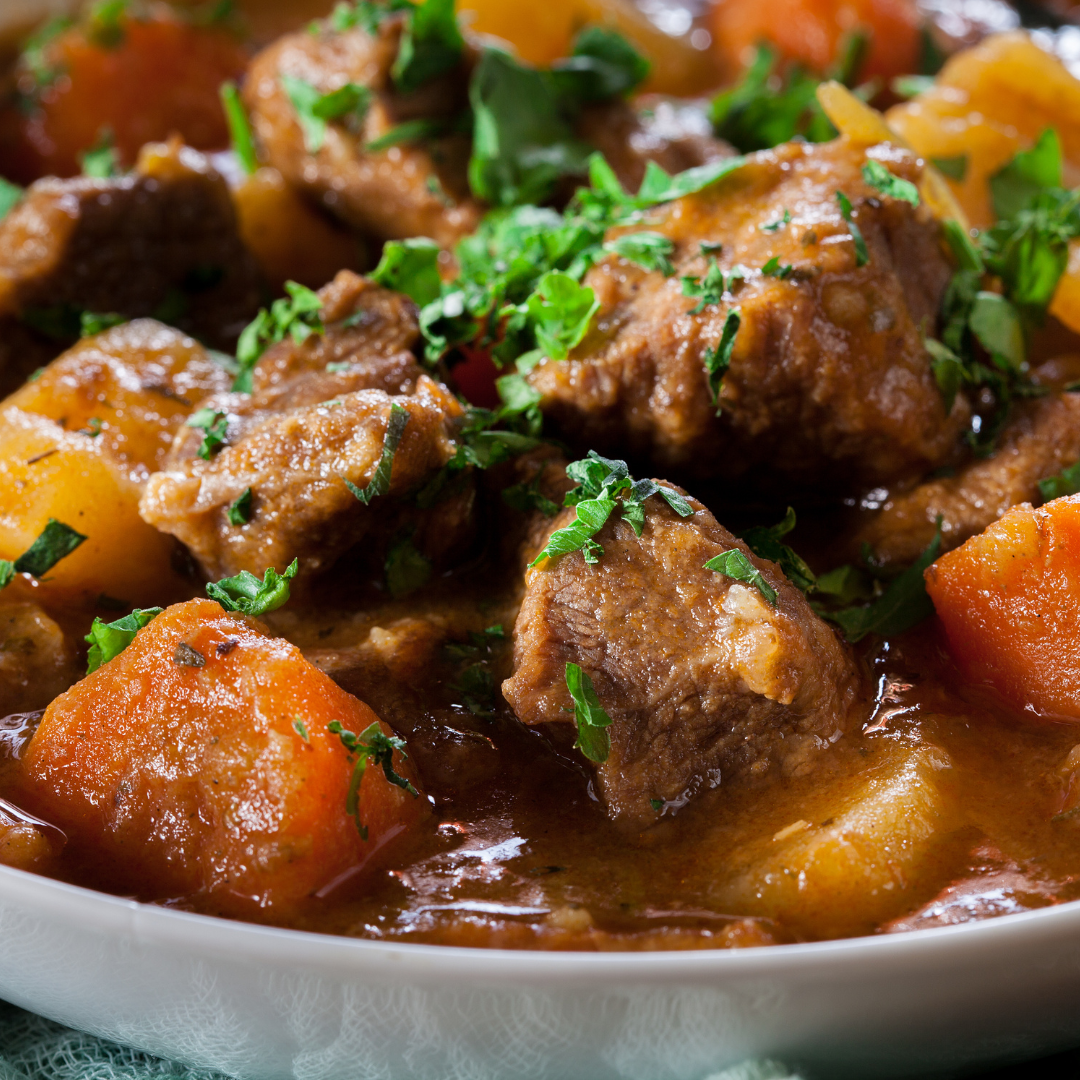

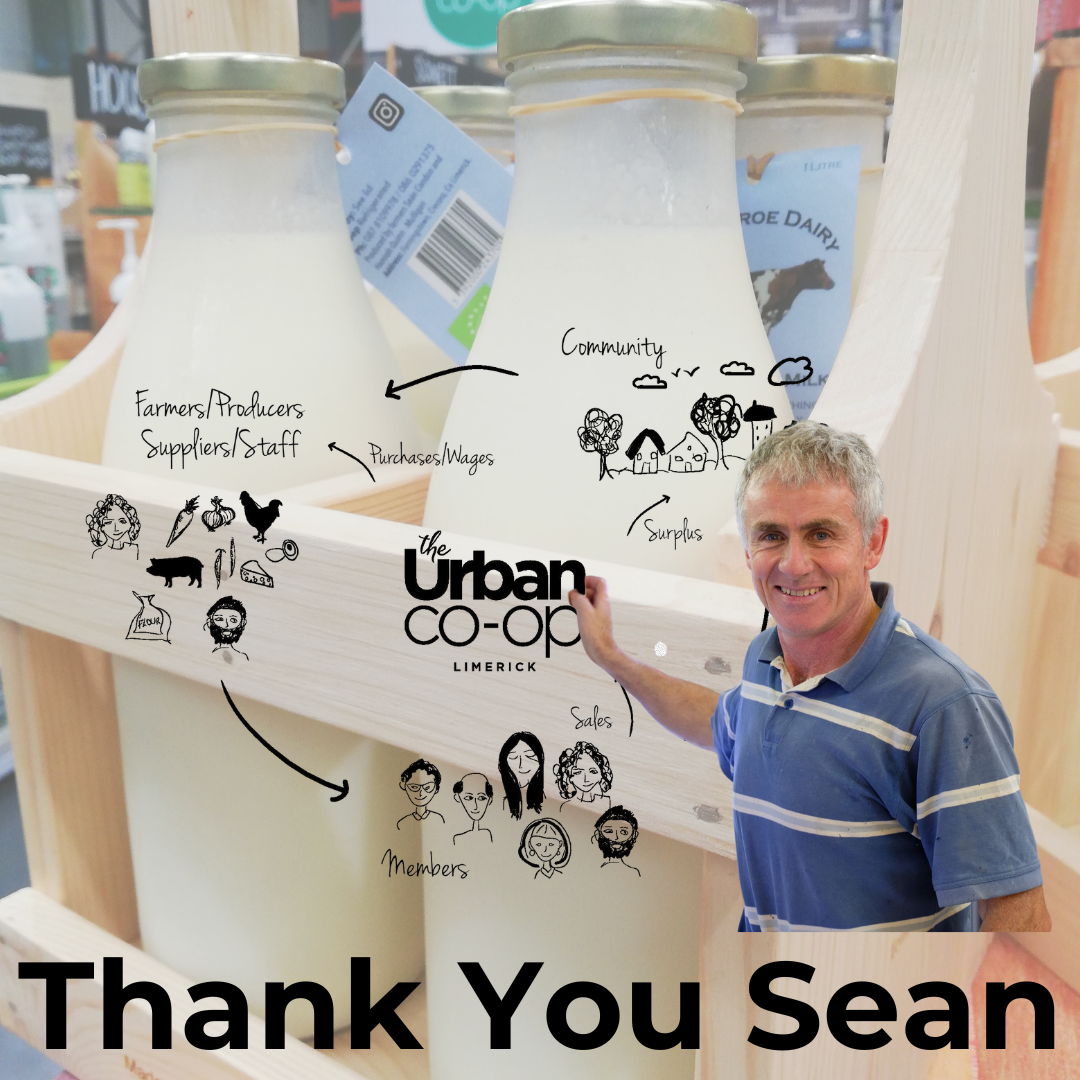
 RSS Feed
RSS Feed